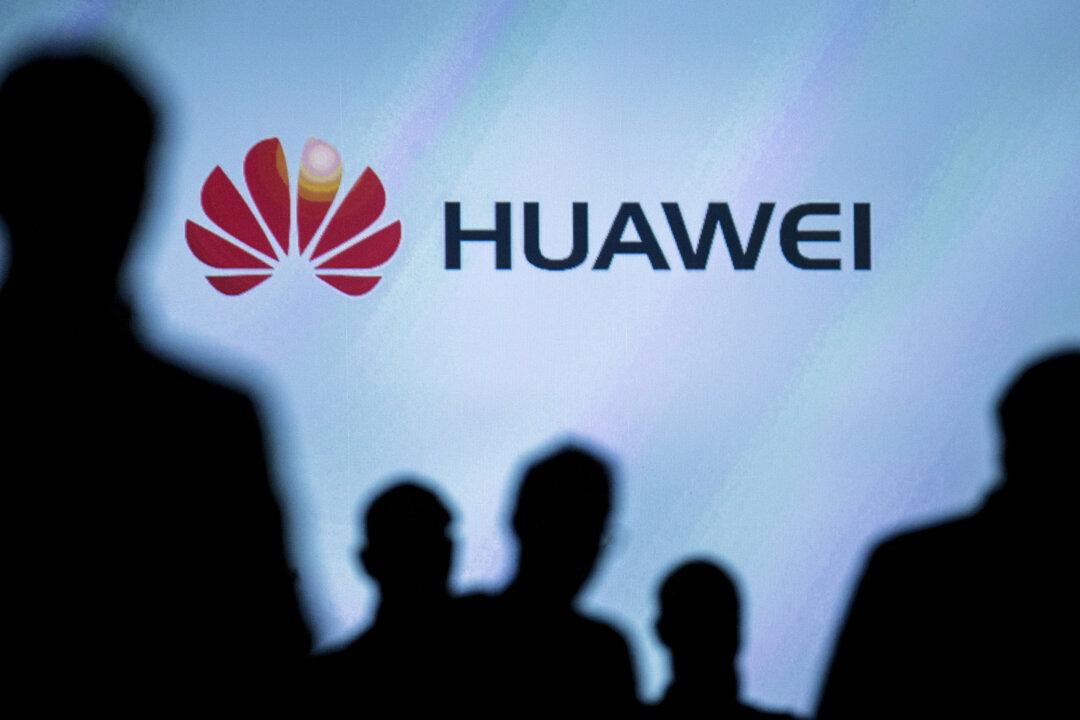BERLIN—Senior German officials are planning a last-ditch drive to convince the government to consider excluding Chinese firms such as Huawei from providing equipment for the country’s 5G mobile network, because of national-security concerns.
The behind-the-scenes push in Berlin, which comes after decisions by Australia and the United States to ban Chinese suppliers from a 5G role, has emerged at a late stage; Germany is expected to start its 5G auctions in early 2019.





